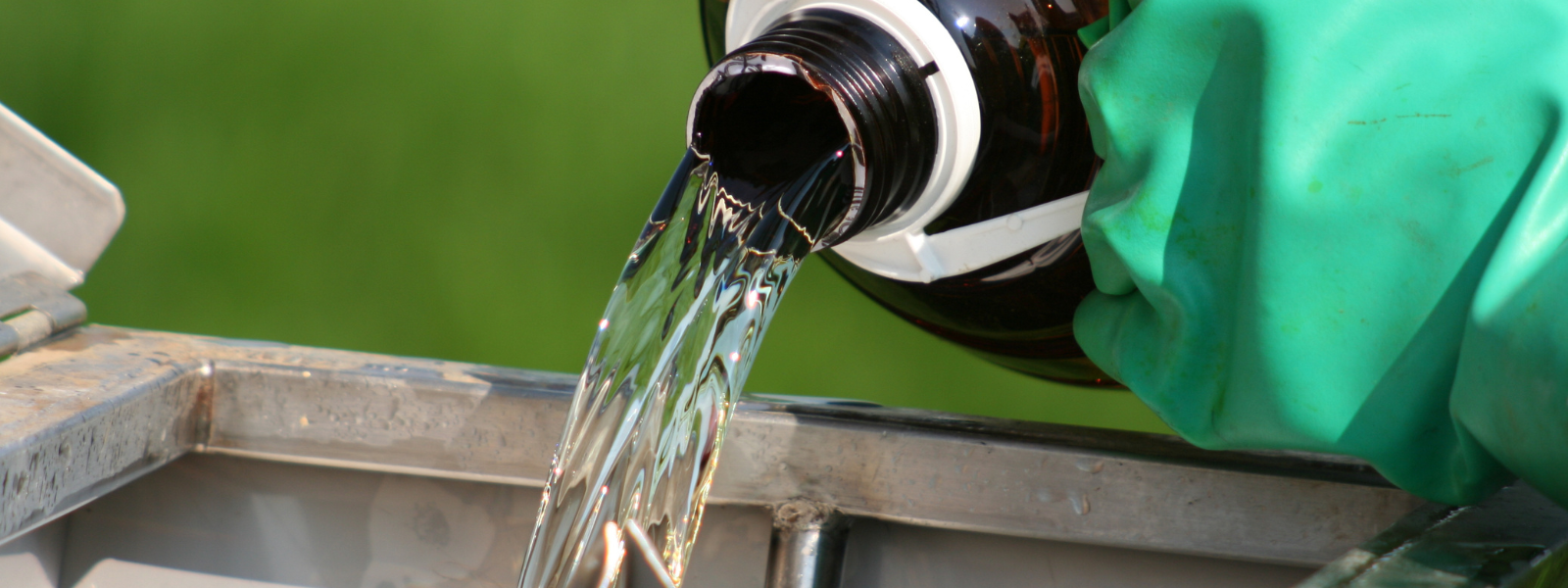Sustainability is a key focus for industries looking to reduce their environmental impact and embrace eco-friendly practices. In the industrial cleaning sector, recycling solvents has emerged as a sustainable approach to responsible waste management and resource conservation. The approach has resulted in the success of multiple industries. This blog will explore the concept of recycling solvents and their significance in sustainable practices within cleaning industries.
Understanding Recycle Solvent in Industrial Cleaning
Recycle solvent refers to reusing solvents after industrial cleaning operations. Instead of disposing of solvents as hazardous waste: they are purified and reintroduced into the cleaning process. This recycling approach aligns with the principles of the circular economy, minimizing waste and the need for new raw materials.
Benefits of Recycle Solvent
Adopting solvent reuse offers several benefits to businesses and promotes both environmental stewardship and economic efficiency. Some of the key benefits from solvent reuse include:
- Waste reduction – the amount of hazardous waste generated from industrial cleaning operations is reduces
- Resource conservation – businesses can reduce resources
- Cost savings – recycling solvents leads businesses to reduce their need for purchasing new solvents regularly
- Compliance with regulations – allows businesses to adhere to strict environmental regulations and waste management guidelines
Implementing Recycle Solvent Programs
To successfully incorporate this practice in industrial cleaning, businesses can follow several steps:
Step One:
Set up a system for collecting used solvents, ensuring they are stored safely to avoid spills and contamination.
Step Two:
Invest in proper purification equipment to remove impurities from the collected solvents. Regular testing should be conducted to ensure the recycled solvents meet quality standards for subsequent use.
Step Three:
Identify areas within the industrial cleaning process where recycled solvents can be reused effectively.
Step Four:
Train employees in the importance of recycling solvent practices and the proper handling of solvents to ensure safety and compliance.
More Information on Eco-friendly Practices
Recycling extraction chemicals is a pivotal step towards achieving sustainable practices in the industrial cleaning sector. Through this practice, businesses can significantly reduce their environmental impact. Here at Ecolink, we prioritize sustainability and believe that learning to reuse solvents is one vital strategy in driving environmental responsibility. To learn more about how Ecolink’s services can best help your business needs, request a free consultation from our team today!















